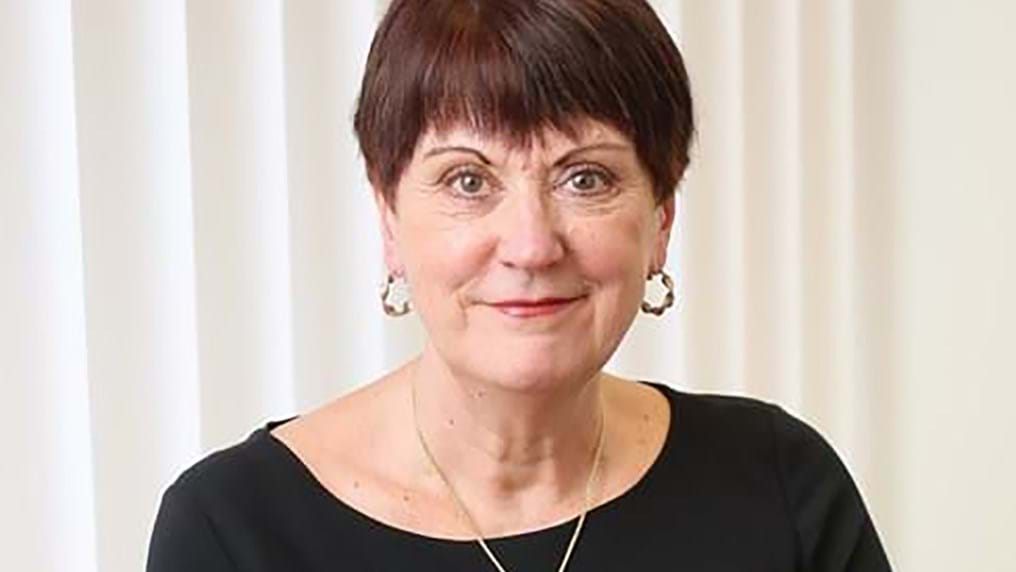Judith Hackitt to reflect on cross-sector safety learnings five years on from Grenfell

23rd June 2022
Dame Judith Hackitt, who led the independent review into building regulations and fire safety for the UK Government after the Grenfell Tower fire five years ago, will reflect on the importance of cross-sector hazards learnings in a prestigious lecture.
During the Trevor Kletz Lecture at the Institution of Chemical Engineers’ (IChemE) Hazards 32 conference, Hackitt will reflect on her personal journey in process safety and relate it to the challenges in the built environment sector as it faces new and tougher regulation in the wake of the Grenfell Tower tragedy.
Drawing on the conference’s key themes of applying good practice from previous incidents, leadership, emerging challenges and the importance of cross-sector learning, she will examine how the major hazards industry can help other sectors by sharing their lessons learned.
Hackitt is an IChemE Fellow with more than 40 years’ experience in the chemicals industry and hazard management. She is Chair of Enginuity, the UK skills body for engineering and manufacturing. She also works as an adviser to the UK Government, chairing its Industry Safety Steering Group holding industry to account to deliver the culture change needed, and its Transition Board which is overseeing the creation of the new Building Safety Regulator.
Hazards 32 will be held in Harrogate, UK from 18–20 October 2022. It will include a range of technical presentations from industry practitioners, researchers and regulators designed to help advance the understanding and application of managing major hazards.
Joining Hackitt in the plenary speaker line-up are various leaders within the major hazards industry, including the Tank Storage Association’s Executive Director Peter Davidson, Jane Lassey, Director of the Health and Safety Executive’s Chemicals, Explosives and Microbiological Hazards Division, and Michelle Roberson, General Manager, Process Safety at Shell, US.
Davidson will present on the role of leadership in managing major hazards. Lassey and Roberson will explore the emerging challenges in hazard management - Lassey from a regulatory perspective, and Roberson from the viewpoint of the operator making the energy transition.
As IChemE marks its centenary in 2022, Hazards 32 is a timely opportunity to reflect on lessons learned in process safety and major hazard management, and consider how these can be applied effectively to make tomorrow a better world.
Register to attend Hazards 32, and view the full programme, which will be published in July, at www.icheme.org/hazards32
Contact
For more information please contact:
Rachael Whittles, Communications Executive & PR Lead, IChemE
t: +44 (0) 1788 534435
e: rwhittles@icheme.org
Claire Shepherd, Communications Executive, IChemE
t: +44 (0) 1788 534457
e: cshepherd@icheme.org
What is chemical engineering?
Chemical, biochemical and process engineering is the application of science, maths and economics in the process of turning raw materials into everyday, and more specialist, products. Professional chemical engineers design, construct and manage process operations all over the world. Oil and gas, pharmaceuticals, food and drink, synthetic fibres and clean drinking water are just some of the products where chemical engineering plays a central role.
IChemE
The Institution of Chemical Engineers (IChemE) advances chemical engineering's contribution worldwide for the benefit of society. We support the development of chemical engineering professionals and provide connections to a powerful network of over 30,000 members in more than 100 countries.
We support our members in applying their expertise and experience to make an influential contribution to solving major global challenges, and are the only organisation permitted to award Chartered Chemical Engineer status and Professional Process Safety Engineer registration.